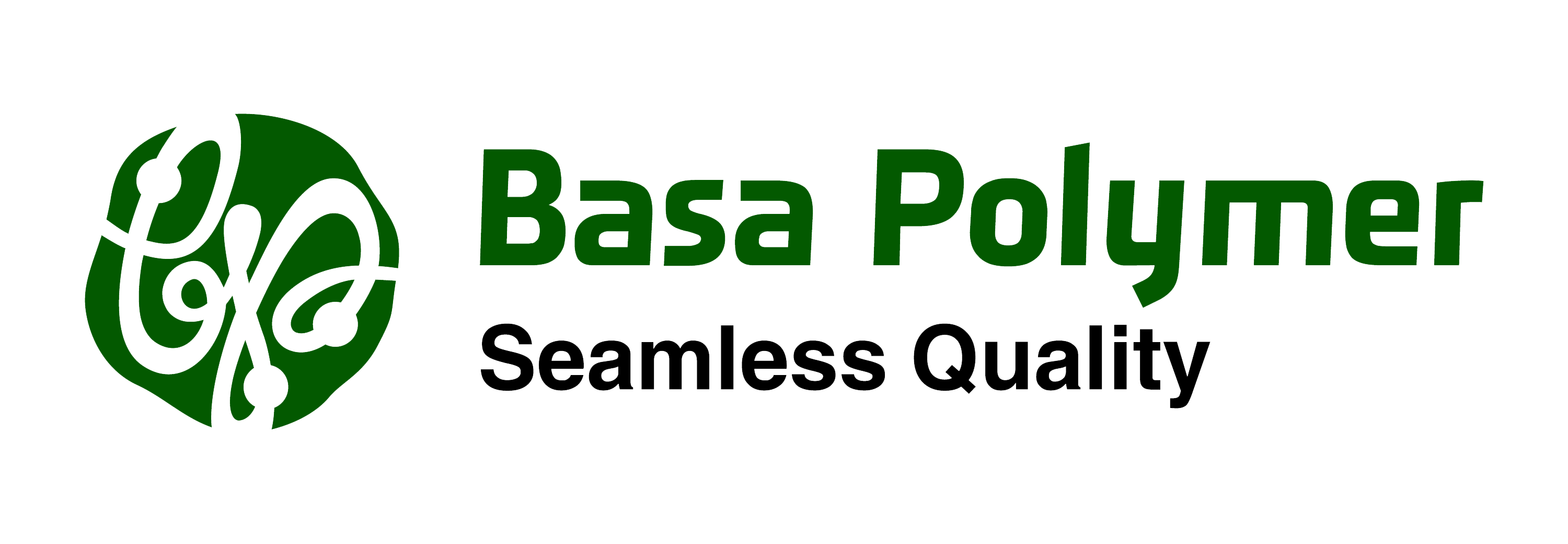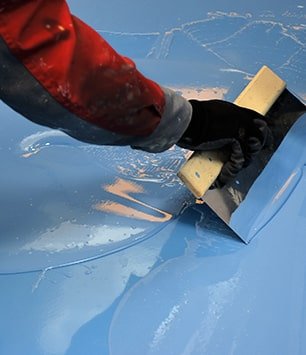Description
Typically, resin flooring is one of the most popular floor coverings for commercial and industrial spaces and is also considered a safe, economical, and high-quality option. Since this flooring is resistant to scratches, impact, and wear, it can be a valuable choice according to the conditions of the place and the type of use. Polyurethane Flooring is a flexible and very wear-resistant floor covering that is famous for its flexibility and long life.
What is Polyurethane Flooring?
In 1937 by Farabin, this polyurethane was used to create rubber, rigid foam, and elastomers. Also, these covers were used in World War II aircraft in a limited way. Currently, polyurethane resin flooring is one of the oldest products in the construction and architecture industry.
What are the properties of polyurethane flooring?
In addition, polyurethane floors have a high resistance to wear and impact due to their flexible nature, so they are used in places where there is a possibility of falling heavy objects. Also, this property has enabled the use of new polyurethane flooring in places with high traffic and heavy machinery traffic.
Technical characteristics of Polyurethane resin Flooring
Since polyurethane floors are flexible and resistant to scratches, they are a suitable option for warehouses and industrial complexes with large machines in terms of technical characteristics.
Due to their softness, polyurethane floors are a suitable cover for animal traffic, therefore, they are also used in veterinary centers and laboratories.
Technical features of polyurethane flooring due to its special chemical structure, it is resistance to ultraviolet radiation, and by maintaining the color structure of the flooring exposed to UV sunlight, are the best choice for use in the open or exposed to sunlight. For this reason, polyurethane floor covering is used as the final layer in applications where there is a possibility of sunlight on the flooring surface, even on the epoxy flooring surface.
Also, one of the technical characteristics of polyurethane flooring is durability and high impact properties, as flooring for exhibitions and flight hangars.
Uses of Polyurethane for floors
• Industrial polyurethane flooringDue to the high durability and adhesion of industrial flooring on various surfaces, this flooring does not crack over time, and also due to its resistance to chemicals, acids, and alkalis, it is used in the military, petrochemical, textile, etc. industries. is used |
• Polyurethane parking floorThe resistance of polyurethane parking flooring against impact or pressure, due to the chemical compounds used and the anti-wear coating, also allows the use of these floorings in public or private parking lots. |
• Polyurethane sports flooringPolyurethane is a good choice for outdoor sports fields due to its resistance and preservation of the color structure of the flooring exposed to UV sunlight, and due to its high flexibility, it is also suitable for indoor halls. This flooring prevents athletes from getting injured during sports activities, and the surface does not suffer from problems due to heavy traffic. Polyurethane sports flooring can also be used in multi-use futsal and basketball halls, and in open athletic fields. This cover has the ability to draw lines and is not damaged in different weather conditions. Read more: |
• Polyurethane flooring in medical centersAmong the positive properties of polyurethane, we can mention the reduction of bacteria the production of microbes, and the prevention of infection in these centers. The top coating of polyurethane surfaces is impermeable and does not absorb odor, dust, or moisture. |
The Price of Polyurethane Floorings
Determining the price of flooring depends on several factors, including the type of use, floor conditions, size, and thickness of the flooring. Therefore, according to the mentioned factors, there is a different price range for polyurethane flooring. In general, the price of polyurethane flooring ranges from 300 thousand tomans to over 400 thousand tomans per square meter.
The total cost of flooring includes the cost of surface preparation, the cost of raw materials, and implementation costs. Meanwhile, to calculate the final price of polyurethane flooring, the contractor’s profit and the method of payment from the employer’s side also affect the final price.
Note that the biggest cost in calculating the price of polyurethane flooring is the cost of the flooring material or raw materials. This cost naturally increases with the increase in the thickness of the flooring. The required floor area and the quality of the client’s concrete surface will also affect the final price.
Thickness of Polyurethane Flooring
The thickness of polyurethane flooring is about 2 to 3 mm and it does not have a large range of thickness like epoxy flooring.
However, polyurethane flooring is more flexible than epoxy flooring, and this better flexibility leads to more energy absorption. This flooring also has more wear resistance than epoxy flooring. Resistance to chemicals is another important feature of polyurethane flooring, which is better than epoxy flooring.
This is the reason why polyurethane flooring is mainly used in food factories where there is a possibility of acidic substances falling on the flooring surface.
The thickness of epoxy and polyurethane flooring is determined from 1 mm to 6 mm depending on the use, but usually, 3 mm thickness is used in all kinds of projects, even parking lots. As mentioned earlier, the thickness of the flooring is a function of the conditions of use, infrastructure, and your budget. Therefore, before choosing flooring, be sure to consult with the manufacturer about the minimum thickness of the flooring required by your user, so that you do not incur high costs due to choosing the wrong type or thickness higher than required.
If the surface of the sports flooring is smooth, epoxy or polyurethane is generally applied with a maximum thickness of 3 mm, and it should be noted that the final layer must be applied in the form of orange peel.
Also read:
Disadvantages of Polyurethane Flooring
Although the advantages of using polyurethane floors have made these floors popular, like any other product, they are not without problems.
Disadvantages of polyurethane flooring: it is highly sensitive to moisture, and if there is moisture in the environment during the installation of the flooring due to the chemical reaction between water and the material, the flooring will become foamy and look inappropriate. did Also, observing the mixing ratio in flooring is much more sensitive than other types of resin flooring such as epoxy flooring, and serious problems will arise if the mixing ratio is not strictly observed.
Read more:
Measuring Moisture before applying Epoxy Flooring
Therefore, it is very important that the contractor of polyurethane flooring is familiar with the technical details of this product in order to avoid the imposition of rework costs.



Reviews
There are no reviews yet.